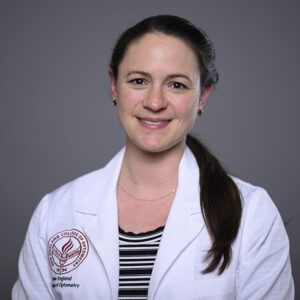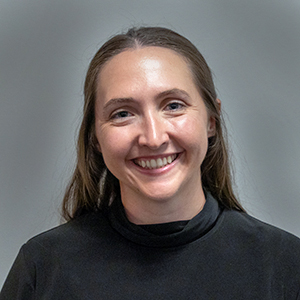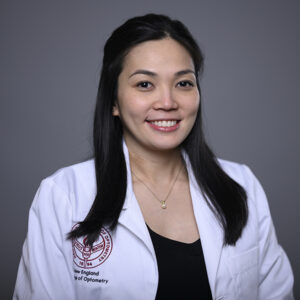MAKE AN APPOINTMENT: For our Commonwealth office, please call (617) 262-2020 or email eyecare-commonwealth@neco.edu. For our Roslindale office, call (617) 323-7300 or email eyecare-roslindale@neco.edu.
The residency-trained contact lens specialists at NECO Center for Eye Care provide precision fitting. They are experts in medically necessary contact lenses to restore sight for patients with corneal damage, irregular corneal shapes, and other complex corneal disease.
Our optometrists are at the forefront of the most recent advances in contact lens technology. They are uniquely qualified to diagnose, prescribe, custom fit, and educate patients on using contact lenses.
Our optometrists conduct a comprehensive eye exam from the front to the back of the eye with the latest technology to determine the best contact lens fit for your eyes. From simple vision correction to restoring sight to eyes with severe corneal damage, our optometrists are ready to assist you in your contact lens and corneal care.
Which type of contact lens is best? The best type of contact lens for you depends on your eye health, lifestyle, and vision needs. During your comprehensive contact lens exam, your optometrist will evaluate your overall eye health and vision to recommend the most suitable lenses. Here are some options:
The best type of contact lens for you depends on your eye health, lifestyle, and vision needs. During your comprehensive contact lens exam, your optometrist will evaluate your overall eye health and vision to recommend the most suitable lenses. Here are some options:
- Soft contact lenses: These are the most common and are made of soft, flexible plastic that allows oxygen to pass through to your cornea. Modern soft lenses, made from silicone hydrogel, offer optimal oxygen flow. Options include daily, weekly, or monthly disposables.
- Gas permeable contact lenses are more durable and resistant to protein deposits, making them ideal for conditions like keratoconus or giant papillary conjunctivitis (GPC).
- Extended-wear contacts are suitable for generally healthy eyes and can be worn continuously or overnight for several days or weeks.
- Orthokeratology lenses (Ortho-K): These rigid gas permeable (RGP) lenses not only correct vision but also reshape the corneas over time, primarily used for myopia (nearsightedness).
Should I wear contact lenses or glasses?
The choice between contact lenses and glasses often depends on personal preference and lifestyle. Some people prefer contacts for exercise activities but wear glasses at home or work. In such cases, daily wear contacts might be the best option.
Extended-wear contacts could be more convenient if you prefer wearing them exclusively, as they don’t need to be removed daily. Even if you weren’t a candidate for contact lenses in the past, technological advancements might make you eligible now.
What happens during a contact lens exam?
During your contact lens exam, your optometrist will assess your overall eye health and vision. Advanced corneal topography testing may be used to map the shape of your cornea, ensuring a comfortable fit for your contacts. If you have an imbalance in eye color or want to camouflage discoloration, custom contact lenses can be ordered to improve vision and appearance.
The comprehensive exam is quick, often allowing patients to schedule during a lunch break. You’ll leave with a temporary set of contact lenses to try for a few days. If they work well, a complete set can be ordered. Get in touch with our office to schedule an appointment.
Cornea and Contact Lens Specialists





